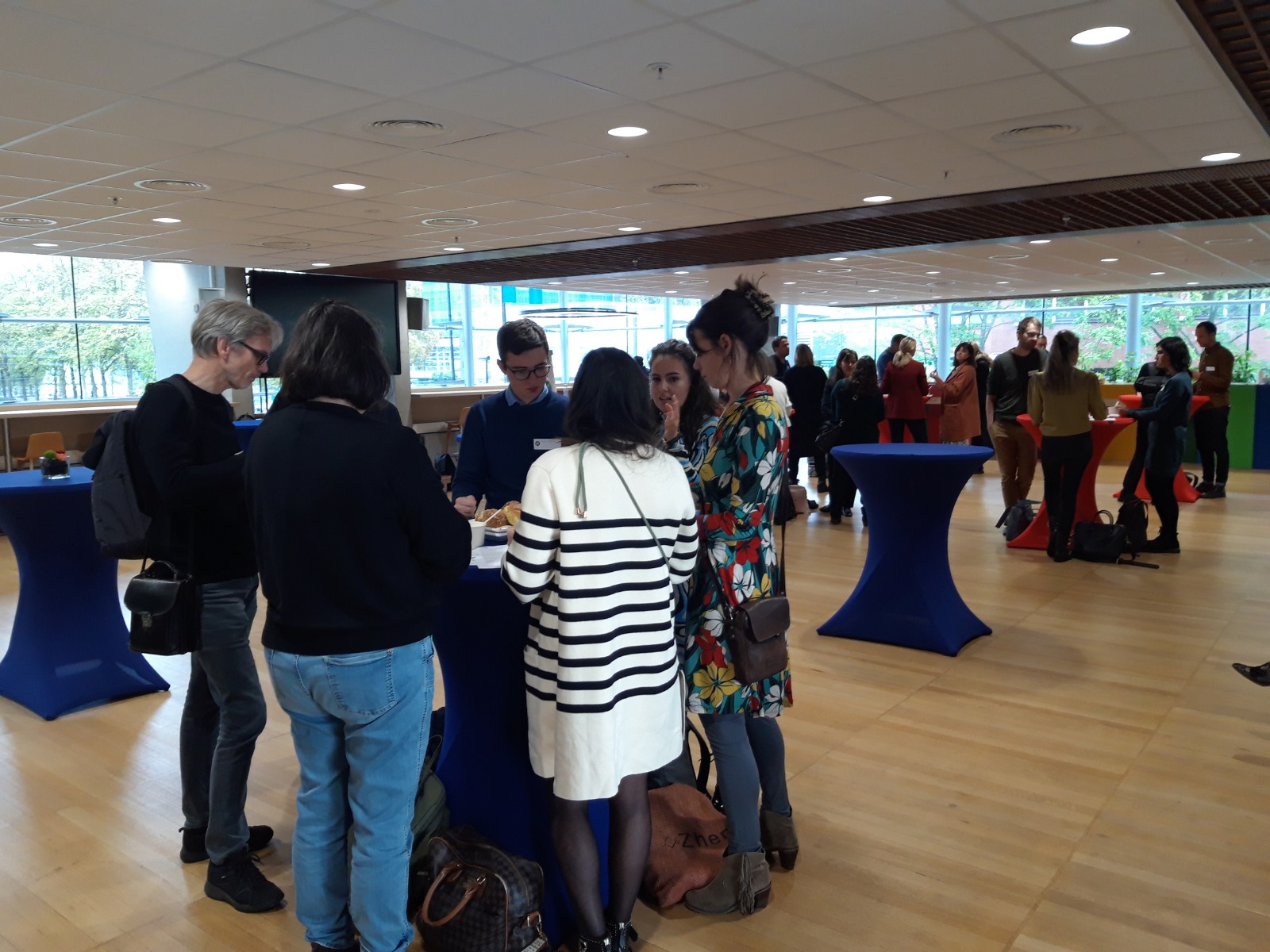Virtual International Collaboration in Higher Education
With Virtual International Collaboration Projects (VIS), universities of applied sciences give their students the opportunity to gain international experience from the Netherlands. In this form of cooperation, physical, financial, cultural or other obstacles are less or no obstacle to participation.
With the subsidy from the Ministry of Education, Culture and Science, lecturers and educationalists can set up or improve VIS projects. Besides financial support through the grant, support is also offered in the form of advice and training. This website serves as the portal to this support.



